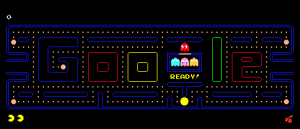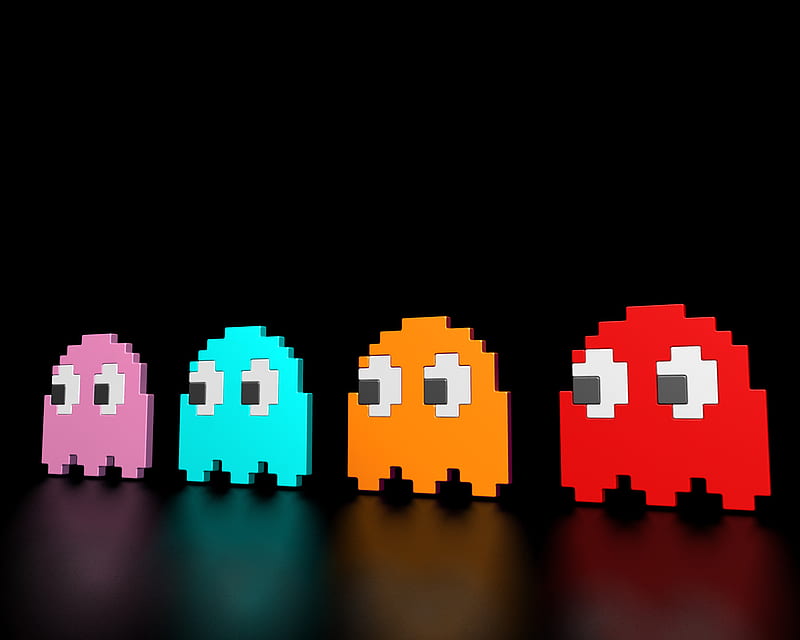Game localization, the process of adapting the meaning of a multimedia content from one language to another, has become one of the main drivers of the immense expansion of the Game Industry. It has a long history: with globalisation, in fact, many companies have become aware of the need to make their products known in countries other than that of their headquarters, and this has led to the development of various problems on the linguistic side. Hence the need to convert the text from a source language to a target language so that the game can be enjoyed by a much wider audience.
From the beginnings

Tracing the starting point of localisation is certainly difficult. One of the earliest examples was Pac Man, realised by Tōru Iwatani and produced by Namco in 1980. In the original Japanese language version, the game was in fact called “Puck Man”. When it appeared in the United States, fears arose that it might be misunderstood due to the similarity between the word “Puck” and the English word “Fuck”. The name was therefore changed to “Pac Man”, as was that of the iconic four ghosts, for which the American equivalent of Japanese humour was used. Officially, Blinky, Inky, Pinky and Clyde are considered nicknames for the characters, although over time they became more popular than their real names. The Western version of the 1980 Namco classic renames them Shadow, Speedy, Bashful, and Pokey, respectively, while in Japan they are known as Oikake or Akabei (from Japanese aka, “red”), Machibuse (from Japanese Machibuse, meaning “ambush”), Kimagure or Aosuke (from Japanese ao, “blue”), and Otoboke or Guzuta (from Japanese gu, “stupid”). The choice of the American transposition tried to reflect the characteristics of the four ghosts: Shadow is the more aggressive enemy, ready to chase Pac-Man at every good opportunity that presents itself to him; Speedy, the only female ghost, is the fastest. She does not chase Pac-Man directly, but tries to predict where he will move in order to anticipate and capture him alone or with other ghosts. Bashful is the most intelligent of the ghosts and adopts as a strategy to block the tunnel closest to Pac-Man by intercepting him from the opposite side. Finally Pokey, is known as the “stupid one” of the group and carries out the most random, often counterproductive trajectories.
This first attempt at translation marked a turning point in the video game world, although it took a few more years before localisation became normal practice.
Super Mario

The Super Mario Bros. game was very important in the revival of the video game industry (due to the 1983 crisis, also known in Japan as the Atari shock, which caused the sudden collapse of the console video game market in North America). Super Mario also proved to be a trump card in unveiling the enormous potential of localisation.
Initially, the iconic moustachioed was only known as “Jumpman”. However, the name was not received as hoped, so much so that Japanese gamers began calling him by the nickname “Mr. Video.” The definitive name, Mario, was only given to him later with the American localisation of the game.
At first, only the box and the instruction booklet of the video game were in Italian. Later, in addition to our language, Super Mario was also translated into French, German and Spanish. Commonly known as FIGS, these four languages, starting in the late 1980s, were considered indispensable in the video game localisation process.
Nintendo was the first company to realise that making a game available in multiple languages would make it easier to distribute and sell the product worldwide. The success of Super Mario was immediate, and gradually it went further and further until, by the mid-1990s, the realisation grew and consolidated that the time had come to localise all video games. Localization then became a profession in its own right, which became more and more established over time.
Bottom line
Given the enormous importance of localisation within the video game industry, it has become essential, especially nowadays, to have the right knowledge and skills to work in this field. GLOS has just started the fifth edition of the course in Game Localization, where you can specialise in in-game translation.





